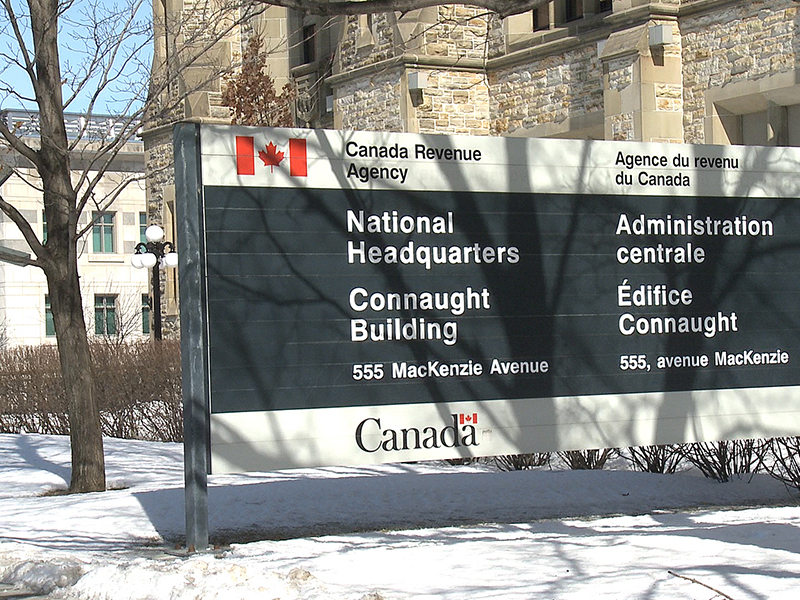
The secretary of state for the Canada Revenue Agency is pushing back against some of the auditor general report’s recent findings and argues that Canadians get timely, accurate info from the agency.
After placing 167 calls to the CRA’s contact centres over four months this year, the office of Auditor General Karen Hogan reported in October that CRA call centre staff answered just 17% of its individual tax questions accurately.
The report found that agent responses to business tax or general benefits questions were accurate just over 54% of the time.
Wayne Long, secretary of state for the Canada Revenue Agency and financial institutions, told the House of Commons public accounts committee Thursday he accepted the report and its findings.
“The auditor general has a responsibility, it’s to keep us and other government agencies on their toes,” Long said. “Nobody likes to see a report like that, but we take it, we learn from it and we improve.”
However, he argued that the sample was small, noting that the CRA receives 30 million calls a year. Long also said the CRA conducts 100,000 samples per year where the accuracy is “basically” 90%.
“I would argue that 167 calls isn’t the best sub-sample,” Long said, adding that he doesn’t accept those findings. “I don’t want Canadians to think that they’re not giving accurate information because they are.”
Long also said the government is working on a three-to-five year plan for the agency as its 100-day plan to improve its services reaches its end point next week.
Finance Minister François-Philippe Champagne set the 100-day timeline for the CRA to address call centre delays on Sept. 2, putting in place a deadline of Dec. 11.
Long said the 100-day plan, which was focused on addressing service standards and call centre delays, is a “Band-Aid” and he wants to keep working on improving services after it wraps up next week.
Hogan’s report said the CRA seems more concerned with adhering to schedules for shifts and breaks than with the “accuracy and completeness of information they provided to callers.”
The report found that of agents’ total performance evaluation score related to the accuracy and completeness of the information they provided to callers. It also found that 45 per cent of their performance evaluation score was tied to schedule adherence and the amount of time they spent handling calls.
Jean-François Fortin, deputy commissioner at the Canada Revenue Agency, said Thursday the agency will work to improve the accuracy of information, giving it a greater weight in performance evaluations.
Melanie Serjak, an assistant commissioner at the CRA, told MPs after the release of Hogan’s report the agency is looking to roll out a more “senior and standardized” level of training and to deploy artificial intelligence to improve the accuracy of CRA agents’ advice to the public.
The Taxpayers’ Ombudsperson recently raised concerns about another issue at the CRA. It said in a news release Wednesday that its office has received complaints about “delays and communication gaps” related to the CRA’s processing of Disability Tax Credit applications and related T1 adjustments.
“After first applying for the DTC, taxpayers can wait up to 15 weeks for the CRA to approve their application, which is 7 weeks longer than the 8-week service standard, only to potentially face 50 weeks for the CRA to process the associated T1 adjustment,” the news release said.
“These issues are causing financial strain and unnecessary frustration for vulnerable taxpayers who rely on these tax credits to offset some of the costs related to the disability.”
The news release said the office acknowledged the work the CRA has done and is doing to improve its services for people with disabilities through its 100-day service improvement plan but that “more action is needed.”
Asked about the issue Thursday, Long said “right now we’re at 10 and a half weeks, it should be eight.”